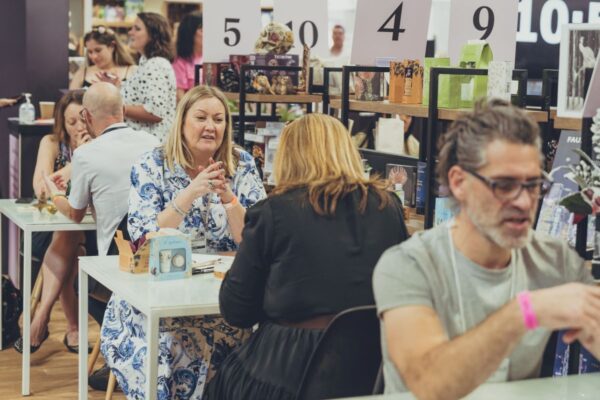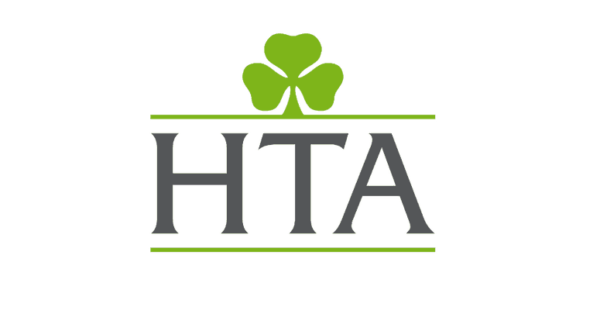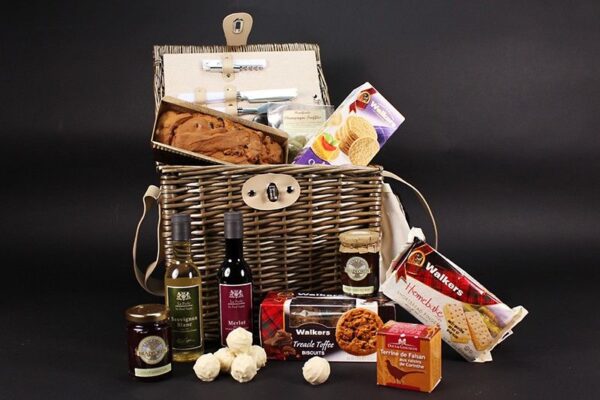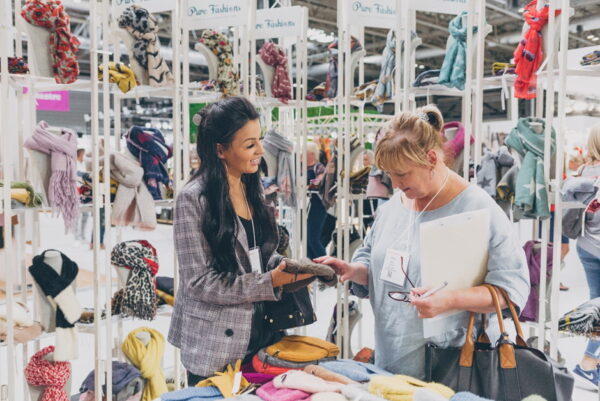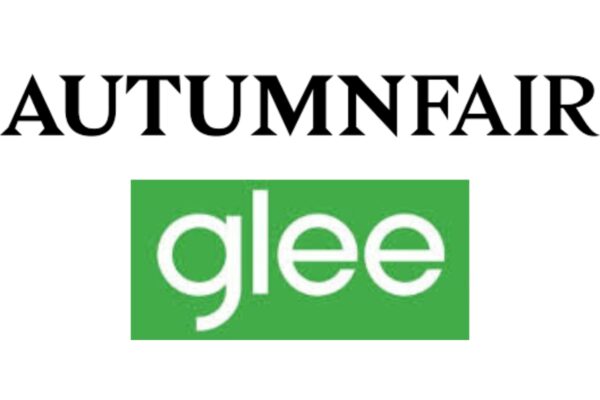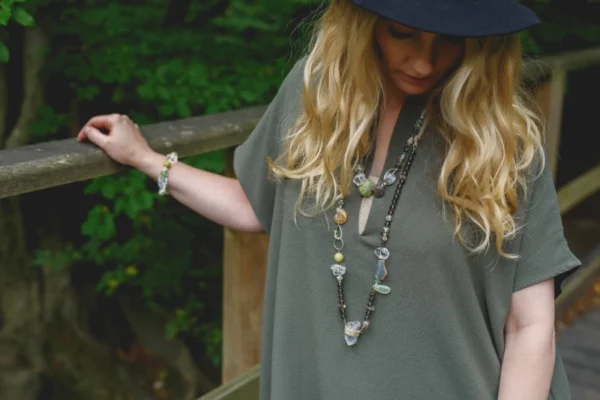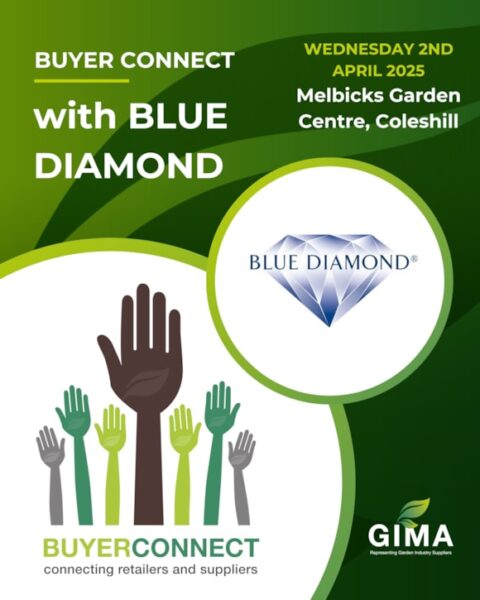 A bouquet for Intu: the shopping centre owner has partnered with the National Autistic Society to launch the UK’s first national ‘quiet hour’ for people with autism. It will take place in shops for a week from October 2. Intu will dim lighting and turn down music in its stores and restaurants at its centres to provide autistic people with a break from the information overload they often experience. Clarks and Toys ‘R’ Us are among those that have also signed up to take part.
A bouquet for Intu: the shopping centre owner has partnered with the National Autistic Society to launch the UK’s first national ‘quiet hour’ for people with autism. It will take place in shops for a week from October 2. Intu will dim lighting and turn down music in its stores and restaurants at its centres to provide autistic people with a break from the information overload they often experience. Clarks and Toys ‘R’ Us are among those that have also signed up to take part.
A Funding Circle survey of 1,325 small businesses that import goods and services reveals that two-thirds of them expect their costs to rise after Brexit by an average of £5,300 a month.
Any score over 100 on the YouGov/Cebr consumer confidence index means more consumers are confident than unconfident. However, the rise from 107.1 in June to 107.3 in July is the first time since the summer of 2013 that the index has been below 108 for two consecutive months.
Meanwhile, the Markit/Cips UK Manufacturing purchasing managers’ index rose to 55.1 in July, up from a three-month low of 54.2 in June, thanks to a surge in exports. Any reading above 50 indicates growth.
 Two in five retailers are either solely accepting card payments or considering going entirely cash-free within the next five years, says Barclaycard. It suggests that three-quarters of those who have introduced contactless payments are processing an average of 30% more transactions each day. However, despite demands from consumers, it reports that half of all retailers still don’t accept contactless payments.
Two in five retailers are either solely accepting card payments or considering going entirely cash-free within the next five years, says Barclaycard. It suggests that three-quarters of those who have introduced contactless payments are processing an average of 30% more transactions each day. However, despite demands from consumers, it reports that half of all retailers still don’t accept contactless payments.
And payments processor Worldpay says that small and independent stores are seeing year on year growth of up to 8% by allowing customers to browse and purchase online as well as in-store. “By contrast their bricks and mortar only peers have seen their revenues shrink in the same period,” it claims.
Sales growth slowed in July from June, according to the BRC-KPMG retail sales monitor. Sales increased 0.9% on a like-for-like basis from July 2016 when they had increased 1.1%. Growth was underpinned by food sales alone, with non-food sales relapsing into negative territory. Visa reported that consumer spending again fell in July, contributing to the first overall decrease for three consecutive months since February 2013.
 BRC/Springboard said that footfall in July fell -1.1% against the previous year. High streets (-2.1%) and shopping centres (-1.3%) showed a decline, whereas retail parks (1.7%) saw growth. Its footfall and vacancies monitor revealed that the East and South-East were the only two regions that saw footfall growth last month. The shop vacancy rate is now at its highest for a year.
BRC/Springboard said that footfall in July fell -1.1% against the previous year. High streets (-2.1%) and shopping centres (-1.3%) showed a decline, whereas retail parks (1.7%) saw growth. Its footfall and vacancies monitor revealed that the East and South-East were the only two regions that saw footfall growth last month. The shop vacancy rate is now at its highest for a year.
The digital currency Bitcoin has a rival. Apparently, services are divided on whether to recognise this new coin on the block. It’s called Bitcoin Cash. Mmm, must have taken a long time to think up that name!
I’m sure you won’t be surprised that a new study shows planning applications for new shops have fallen to an eight-year low amid continued growth of e-commerce. Greater Manchester saw the biggest drop in retail planning applications last year, according to research. Property finance and development loans provider Lendy said there were 6,525 applications in England in the year to March, almost half the number in 2008/09 and down by 11% on 2014/15.
Alan Monahan







